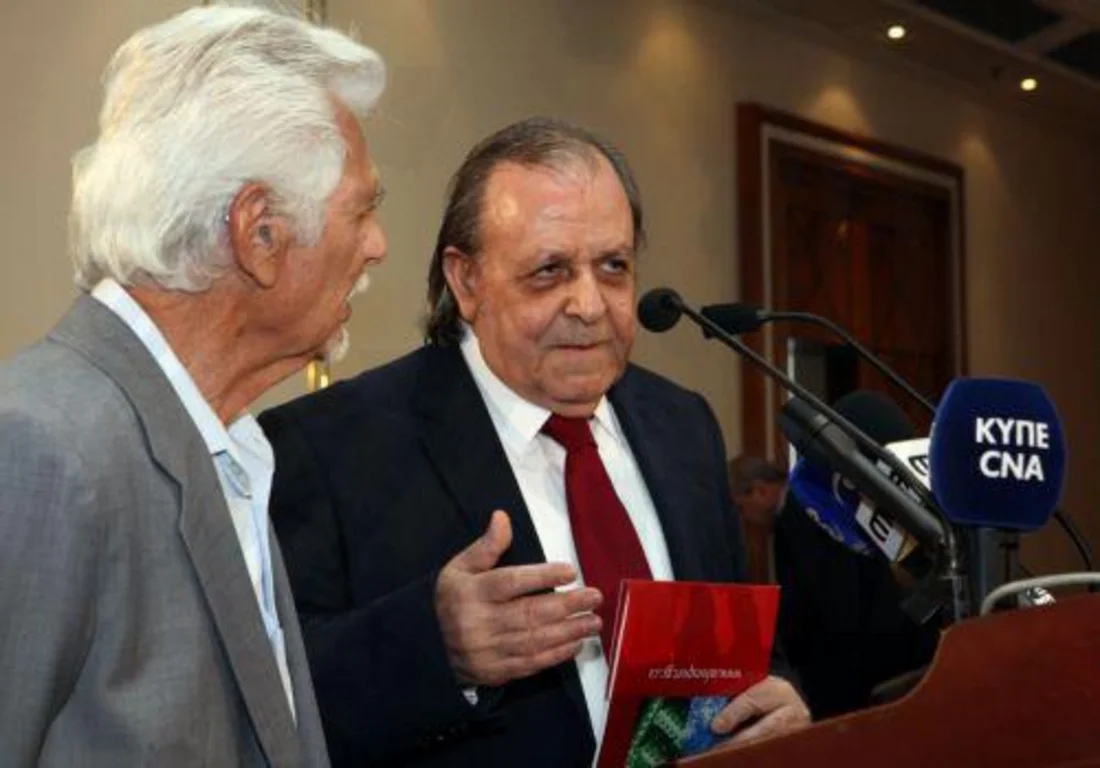The legal action stems from a 2017 caricature published in Levent's newspaper depicting a Greek statue urinating on the head of Turkish President Recep Tayyip Erdoğan, which Turkish prosecutors considered an "insult to the Turkish President." According to the Turkish Cypriot newspaper Özgür Gazete, which first reported the development, Turkish authorities have formally notified their counterparts in northern Cyprus of the arrest warrant. The report states that if Levent is not handed over, Ankara will pursue an Interpol Red Notice for his arrest. This escalation represents a significant new chapter in a long-running saga that includes a previous acquittal for Levent in a Turkish Cypriot court on the same charge—a verdict Ankara has refused to recognise.
The response from the Turkish Cypriot community was immediate and unified. A powerful joint statement was issued by major media and civil society groups, including the Press Workers' Union (Basın-Sen) and the Turkish Cypriot Journalists' Association (KTGB). They denounced the request as a "direct intervention against the will and judiciary of the Turkish Cypriot community" and a grave "threat to freedom of thought and expression." Vowing to "stand against this lawlessness," the organisations declared that the community would not be intimidated.
Echoing this sentiment, prominent legal and political figures offered a stark rebuttal. Hasan Esendağlı, President of the Turkish Cypriot Bar Association, stated unequivocally that such an extradition is legally impossible under current Turkish Cypriot law. He offered a firm legal opinion, clarifying that the alleged offense was committed within the local jurisdiction and had already been adjudicated by its courts. He framed the demand as a politically motivated attempt to subvert the local judiciary, which his association would "firmly resist."
The condemnation was further amplified by former Turkish Cypriot leader Mustafa Akıncı and Tufan Erhürman, the leader of the main opposition Republican Turkish Party, both of whom offered sharp, distinct critiques of Ankara's demand. Akıncı, breaking his silence on current affairs, called the situation one where it is "impossible to remain silent." He framed the extradition request not as an isolated incident, but as the "summary of the point we have been brought to"—a stark example of a wider "policy of provincialization" (vilayetleştirme). He argued that Ankara's logic implies that just as critics are jailed in Turkey, "the same will happen in the 'province of Cyprus'," rendering talk of a separate state or a two-state solution "all a story" in the face of such actions.
Tufan Erhürman, meanwhile, presented a meticulous legal counter-argument, stating that the extradition of a citizen is "not legally possible" and is a principle "not subject to legal debate." In a decisive turn, he noted that this very principle is enshrined in Turkey's constitution—specifically Article 38, which prohibits the extradition of a Turkish citizen for a crime, except in cases where obligations to the International Criminal Court require it. Erhürman concluded that the demand is therefore "clear and indisputable" and that Levent's extradition is "legally impossible" under both local and Turkish law.
Veteran politician Serdar Denktaş, son of the founding Turkish Cypriot leader, condemned the move as a "grave mistake" that disregards the community's autonomy. "This issue is an internal matter," Denktaş asserted, warning that such actions by Ankara risk alienating the Turkish Cypriot people.
Across the Green Line in the south, the condemnation was just as emphatic, with the move being widely seen as an alarming extension of Ankara's authoritarian crackdown on dissent. The Union of Cyprus Journalists (UCJ) issued a forceful statement demanding that the government of the Republic of Cyprus take immediate action. It urged the government to "offer every support to our colleague Şener Levent" and to mobilize international bodies, such as the European Union and the Council of Europe, to protect press freedom from "the Turkish President's autocratic practices."
This sentiment was mirrored in the political sphere. The Movement of Ecologists – Citizens' Cooperation declared its solidarity with the journalist, accusing Ankara of attempting to "silence and muzzle any voice of dissent." A party statement read, "The authoritarian Erdoğan regime once again reveals its true face," a view shared across the political spectrum in the south.
The ultimatum against Şener Levent has done more than target a single journalist; it has forged an unexpected, pan-Cypriot front, transcending political and communal divides to defend what many on the island view as a shared principle: the right to free expression, independent of external pressure. As Levent remains defiant in northern Cyprus, the standoff has evolved into a significant test for the autonomy of the Turkish Cypriot community and a potent symbol of the enduring struggle for press freedom across the entire island.
Photo: Cyprus Mail
